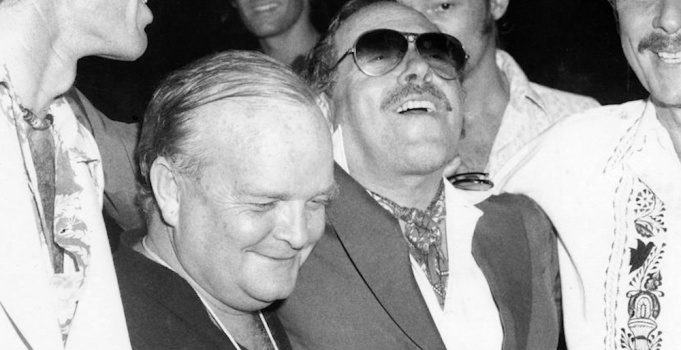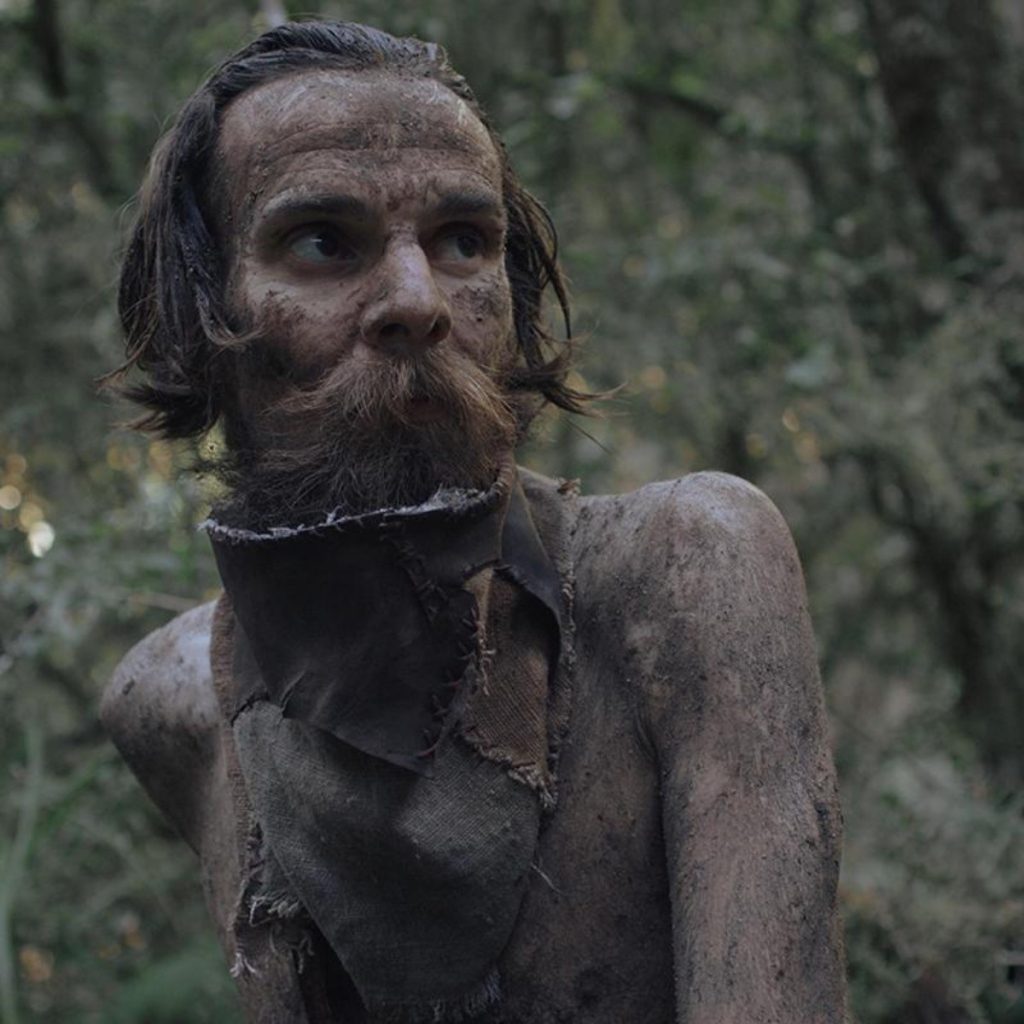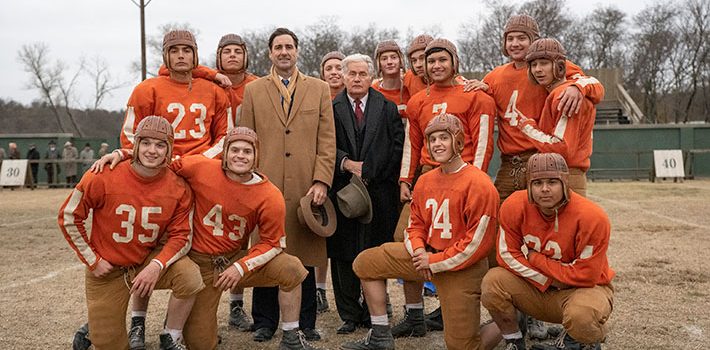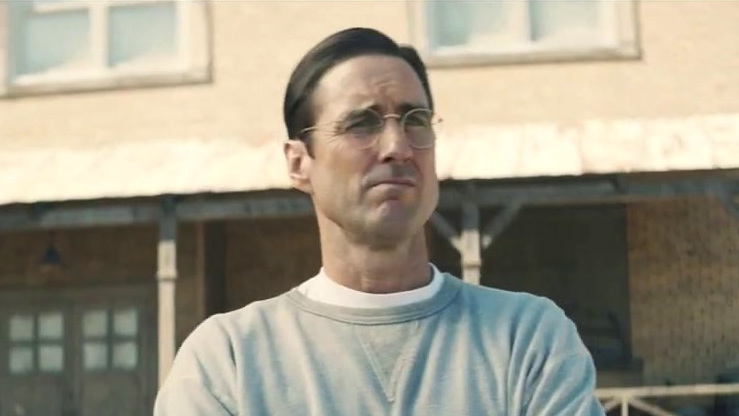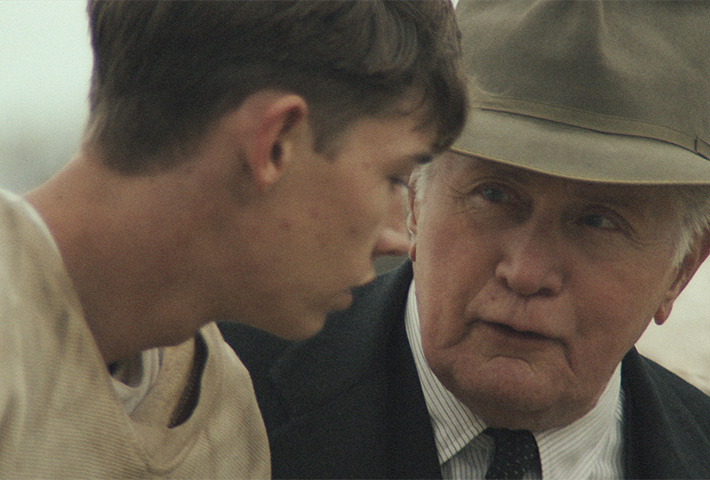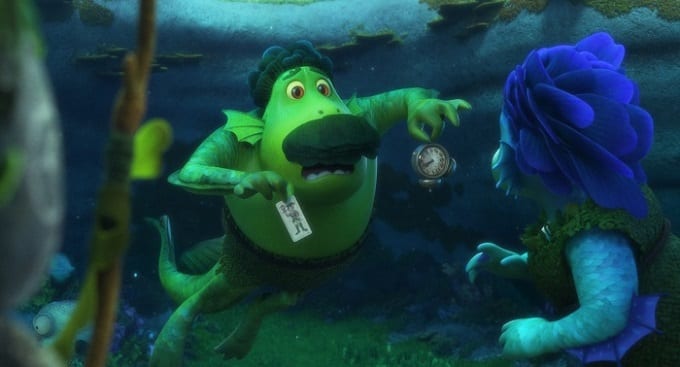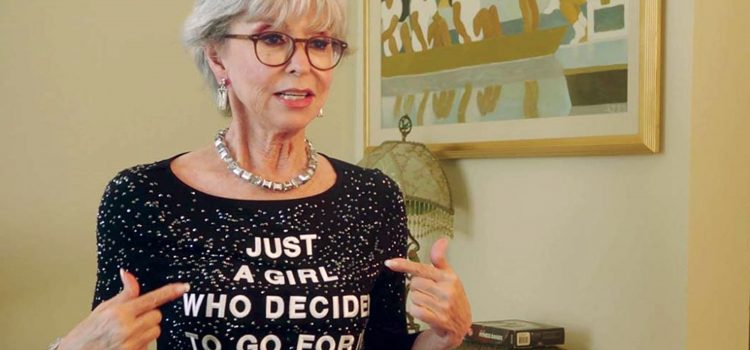:By Lynn Venhaus
The brilliant work, troubled lives and unique personal journeys of two titans of American literature – Truman Capote and Tennessee Williams — are explored in the revealing “Truman and Tennessee; An Intimate Conversation.”
Truman Capote and Williams were gay Southerners who achieved life-changing literary success around the same time, in the late 1940s. As this illuminating documentary shows, they were friends – and rivals – for 40 years. They reveal truths about each other in conversations captured here.
Their professional and personal lives were fascinating, caught the attention of the glitterati in the 1950s and 1960s, and influenced generations, despite crippling addictions that tragically resulted in their deaths.
Because of their inner turmoil, there is a haunting melancholy to their appearances on talk shows – with the erudite hosts Dick Cavett and David Frost, shown here.
Director Lisa Immordino Vreeland has taken an innovative approach to sharing a wealth of archival material, focusing on typewritten and hand-written pages, old photographs, magazine excerpts and selected scenes from their movie adaptations.
“A Streetcar Named Desire,” “The Glass Menagerie,” “Sweet Bird of Youth,” “The Rose Tattoo,” “Suddenly, Last Summer” and “Cat on a Hot Tin Roof” are among the Tennessee Williams’ films. Capote’s “Breakfast at Tiffany’s” and “In Cold Blood” are shown, featuring interesting backstories.
To add a heightened reality to their personal letters and journals, Vreeland enlisted actors Jim Parsons (Capote) and Zachary Quinto (Williams) to interpret Truman and Tennessee’s wit, wisdom and flair for the dramatic.
Parsons and Quinto, while most famous for their screen work, have had successful appearances on Broadway, notably together in the Tony-winning play revival of “The Boys in the Band.” Using just the right tone and cadence, they infuse this work with an emotional resonance and demonstrate how both authors wrote like they talked, with their distinct voices.
Capote and Williams’ cultural impact is emphasized, and while the dual portraits are informative, what is lacking is some perspective. Adding other talking heads would have been beneficial in establishing their place in the 20th century.
Capote, who was born in New Orleans but moved to Alabama when he was 2, and Williams, who was born in Mississippi but moved to St. Louis when he was 8, were impacted by lonely childhoods and the places they lived.

The documentary isn’t long – 86 minutes, but the wealth of material covered is indeed impressive. And revisiting these gifted men’s most memorable works is a rather satisfying undertaking.
“Truman and Tennessee: An Intimate Conversation” is a documentary
directed by Lisa Immordino Vreeland.
It has voice work by Jim Parsons and Zachary Quinto. The film is not rated and has a run time of 1 hour and 26 minutes. The film is available for viewing at www.kinomarquee.com, through Kino Lorber. It opened at Plaza Frontenac Cinema on June 25 for a week.
Lynn’s Grade: B

Lynn (Zipfel) Venhaus has had a continuous byline in St. Louis metro region publications since 1978. She writes features and news for Belleville News-Democrat and contributes to St. Louis magazine and other publications.
She is a Rotten Tomatoes-approved film critic, currently reviews films for Webster-Kirkwood Times and KTRS Radio, covers entertainment for PopLifeSTL.com and co-hosts podcast PopLifeSTL.com…Presents.
She is a member of Critics Choice Association, where she serves on the women’s and marketing committees; Alliance of Women Film Journalists; and on the board of the St. Louis Film Critics Association. She is a founding and board member of the St. Louis Theater Circle.
She is retired from teaching journalism/media as an adjunct college instructor.

